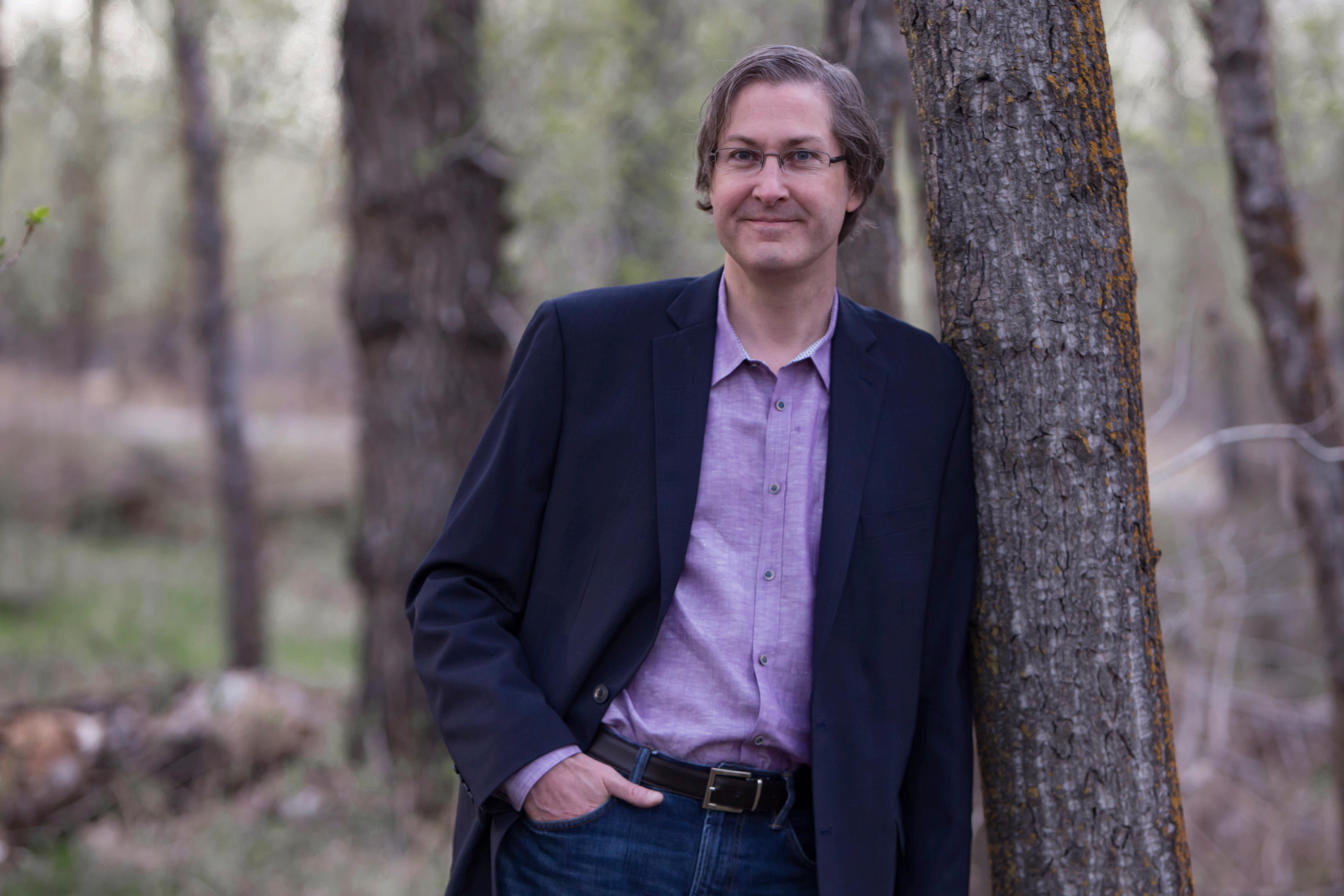
3 minute read
Cassandra Complex
With booming classic works like 1984 and The Handmaid’s Tale, dystopian fiction has enjoyed a recent resurgence. These are stories in which a protagonist rebels (often unsuccessfully) against a brutal society inflicting suffering and injustice on its citizens, often in the name of some utopian ideal.
Is this any surprise? In the real world, the COVID pandemic, growing economic inequality, environmental depletion and climate change, and the march of authoritarianism have made the world appear pretty bleak. Dystopia confirms our fears, whether political or existential, and manifests them in their worst possible outcome. Dystopian fiction is a warning.
Advertisement
I believe dystopian fiction is far more optimistic than we credit it. And I see its resurgence as a source of optimism. Yes, it’s bleak, but if we heed its warning, we can avoid this future. Yes, our hero may end up crushed, but we, the reader, will take up the fight. The mythical Cassandra’s prophecies may come true, but at least people are listening. As long as it doesn’t read as nonfiction, we’re still in pretty good shape!
My novel Our War similarly warns of a possible dark future America often feels like it is trending toward: a second civil war. As with other dystopian thrillers, I hope readers will come away warned and energized to resist this future.
In this novel, Congress impeaches and convicts a populist right wing president, who labels it a soft coup by the Deep State and refuses to leave office. Since writing the novel, many of these things have come true, but thankfully not what happens next in the story: a national armed protest by militias and other right-wing groups that snowballs into civil war, a war in which everybody fights and nobody wins.
This is the what but not the why. The why lies at the heart of polarization, fueled by alternate media, which is differing narratives defining what America is and should be. Despite common problems, without common facts or reality, without a single unifying idea, what is America? And without a single America, what does it mean to be a patriot? While being about political tribalization, the novel itself does not take sides, pointing out violence itself as the villain, and contrasting Left and Right as opposing worldviews: collaboration through philanthropic solidarity on the Left, competition through self-reliant individualism on the Right.
This civil war does not play out like the last one, with states aligned for or against the institution of slavery and grappling with the balance of power as new states entered the Union. For Our War, my model was the Bosnian War of the 1990s, which pitted rural against urban and was largely fought by civilians. For years, the residents of a besieged Sarajevo and other cities lived in constant fear that over time became normalized. In America, rural areas are predominantly red, while urban areas are predominantly blue. Draw the battle lines there, and you can visualize a war whose first casualty would be American exceptionalism, as familiar consequences such as refugees, hunger, terror, and atrocities manifest in the fighting.
As with other dystopian fiction, Our War features protagonists fighting an oppressive force with utopian ideals, in this case the allconsuming war itself. The story centers on a brother and sister forced to fight as child soldiers on opposite sides of the lines surrounding a besieged Indianapolis. Hannah Miller, a war orphan, joins a local militia and believes in its cause. Meanwhile, a UNICEF worker and journalist work together to save her and other children by exposing the use of child soldiers. In the end, the war wins, and Hannah loses everything. But she will also find love and hope by rejecting all of the stories she’s been told and learning to fight for herself.
By the end of Our War, I hope the reader will find the same hope as Hannah and discover the same optimism as I found in her story. That they will take heed in Our War’s warning after closing the covers, and as with all good dystopian literature, stand ready to resist this possible future.

Craig DiLouie is an author of popular thriller, apocalyptic/horror, and sci-fi/ fantasy fiction. Craig’s books been praised for strong characters, action, and gritty realism. His works have been nominated for major literary awards such as Bram Stoker and Audie Award.
Read more articles like this one at www.TopShelfMagazine.net










